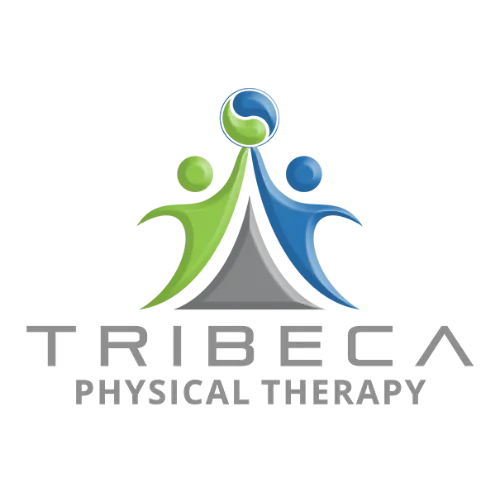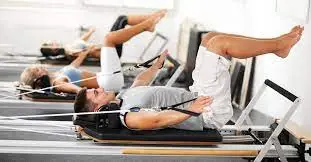Have you seen runners before and wonder, how do they do it? Runners seem like they got everything figured out and they know how to stride effortlessly. Professional runners will tell you this: “it’s all in the hips”, because the truth is, it is all in the hips. Of course, it will take months to build endurance but it won’t hurt to go to a professional Physical Therapist to get assistance in how to start. Whether you’re a postpartum runner or just love running, you need to read on the importance of having good pelvis stability and strong hips while running.
What are the benefits of having a stable pelvis and stronger hips while running?
Good Balance
You probably heard that we should focus on landing on the midfoot or forefoot to run
better and have less risk of injury. As professional physical therapists, we feel that the emphasis on this information is misplaced. While it is true that it is better to land on your midfoot or forefoot, good balance really starts from the hips.
The hips are like a fulcrum. It carries our upper body weight taking some of the load from the lower legs. The hips then are the levers for the legs which pushes the body forwards. If you lean forward then you’re most likely to trip, fall and get injured. If you maintain an upright posture while striding and you’re letting your hips and legs do all the work for you, you will get a better balance while running.
Stronger Hips
Research studies show that female runners with strong hip extensors and hip abductors are better able to control the stance phase and to protect the knees from injuries. Furthermore, having good flexibility and mobility is very important for proper running and injury prevention.
There are Hip tests that our physical therapists can perform to check whether your hips are too tight or not. This is very common as Dicharry in his book, “Anatomy for Runners”, says that it occurs in 85 percent of runners and is due to forward propulsion bias that runners have which tightens the hip flexors.
Incorporating Pilates Reformer exercises into your strengthening routine will challenge your hips in frontal and sagittal planes and will prepare your body for a safer running experience.
Stable Core
In our postpartum runners spring promo blog, we’ve mentioned the importance of a strong core and pelvis. The core is essentially the center of our whole body. It is represented by four major muscle groups ( diaphragm, pelvic floor, abdominal muscles, and deep spinal stabilizer muscles) and it supports our vital organs in place while body position changes. You can imagine how some of these muscles can be weakened, especially in postpartum runners and long-distance runners that are not performing appropriate strength training.
Doing the leg slides will also challenge, strengthen and stabilize the muscles that make up the torso and the muscles surrounding the hips. Having a stable core allows us to transfer the force from our lower body to the upper body with less impact, also unload the lower body and further help us to perform physical activities such as running and lowering the risk of injury.
As seen in the video above, Dr. Monica Saliu, PT, DPT is demonstrating pelvis and leg stability using a Reformer Pilates machine. Her advice is as follows:
- Hands at the side
- Shoulders wide
- Abdominals and pelvic floor engaged
- Engage glutes
- Bend your knees and make sure that the carriage opens half-way then back
- Stabilize your pelvis, hip, and knee of the standing leg while extending the opposite
- Lift your hands forward
- Don’t forget to breathe in and breathe out
Tribeca Physical Therapy New York is a champion of Women’s Health and Clinical Pilates. Our Doctors Monica Saliu and Kristian Marcial, PT, DPT are equipped with the knowledge to help you run better. Also, don’t miss out on our SPRING FORWARD – MOVE FORWARD Exclusive Offer: A complimentary 60-minute pelvic floor evaluation and a 3-6 high-level physical therapy sessions incorporating Clinical Pilates and pelvic floor exercises.
Schedule a session with Tribeca Physical Therapy or call us at (212) 406-8080.



